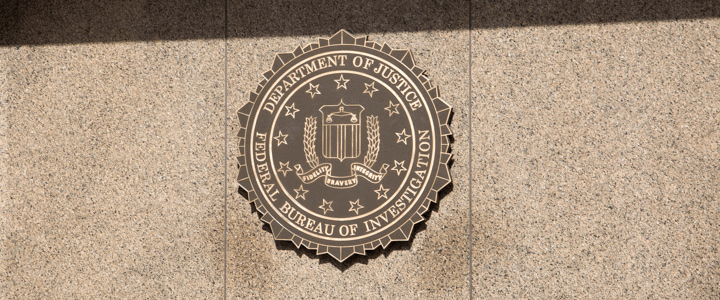I can often glean a lot about a prospective client’s case from the very first question he or she asks. While I never judge my clients for past mistakes, there are a few particular questions that make me cringe. “Does the government compare my current SF-86 to past submissions?” is certainly one of them.
The reason for this is that the question inherently indicates a past false statement – one for which there can be serious criminal penalties, including imprisonment. If the false statement was made within the last five years, I am duty-bound to advise clients that they are still within the statute of limitations for a federal false statements prosecution and that they should consider speaking with a criminal defense attorney, no matter how remote the likelihood of prosecution, before doing any else (like completing a new SF-86).
Nonetheless, some clients persist in moving forward at their own peril. And, while it is true that a past false statement about something minor – for example, claiming you didn’t use any drugs within the last seven years when you had, in fact, smoked marijuana a couple times – is highly unlikely to result in prosecution, the risk is still there. The more serious the falsification, the higher the risk.
Generally, the Justice Department’s threshold for prosecuting false statements cases within the context of security clearance background investigations has been whether the false statement impacted either the course of the investigation or the adjudicative outcome. For example, there was a prosecution in Florida a couple years ago for a security clearance applicant who failed to disclose a romantic relationship with a foreign national who apparently had connections to a foreign government. There was also a prosecution in New York in recent years for a couple of DEA agents who failed to disclose on their SF-86’s that they had a side job owning and operating a “gentleman’s club” that hired illegal aliens and served as a conduit for other illegal activities.
If nothing else, I can promise you this: the government does compare an applicant’s SF-86 to past versions and will likely catch any discrepancies. That means an almost guaranteed security clearance denial which the applicant can overcome only by demonstrating sufficient mitigation. Mitigation can be demonstrated via one of, or a combination of, the following methods:
- Reasonable evidence that the applicant’s prior SF-86 was completed by someone besides the applicant (e.g. a military recruiter), and that the applicant is correcting the record at the first available opportunity
- Evidence that the prior false statement or omission was the product of young age/immaturity, unusual circumstances, a good-faith misunderstanding of the question, or other circumstances that do not implicate a current defect in integrity or judgment
- An admission by the applicant to the past false statement, supplemented by the passage of time without recurrent, similar behavior and a body of favorable character evidence that demonstrates the false statement or omission to be an out-of-character lapse of judgment
Falsification cases are often difficult to beat because integrity and judgment constitute the cornerstones of the fiduciary relationship between the government and those entrusted with the nation’s secrets. However, they are not necessarily insurmountable obstacles. They key is to understand the legal risks associated with any false statements case – and, ideally, to avoid facing them in the first place by consulting with competent legal counsel early in the process.
This article is intended as general information only and should not be construed as legal advice. Consult an attorney regarding your specific situation.




